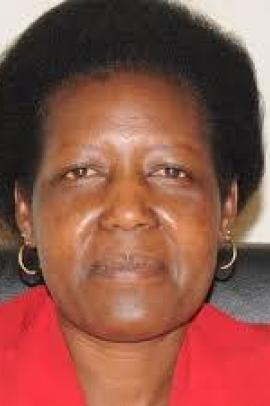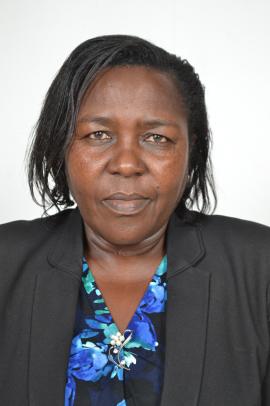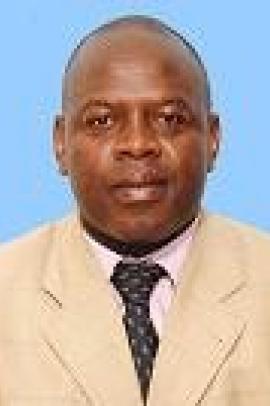Irene Ojuok is an environmentalist with passion in working with communities, partners and implementing and managing projects, and policy influence. This prompted my interest in Project Planning and Management hence I enrolled for this course at the University of Nairobi. A master’s degree in project planning and management can enhance skills and expertise in overall strategic management of projects at all levels as well as monitoring and evaluating performance of projects. I have been building my expertise in project management for the last 10 years at different levels and the course has added a lot of value in my work and career growth to higher ranks in my organization. Since 2009, Irene Ojuok have worked at World Vision Kenya in fields of Water Sanitation and Hygiene (WASH) and Environment and Climate Change. I am a graduate of Environment Studies from Kenyatta University. Currently Irene Ojuok is the National Technical Specialist Environment and Climate Change at World Vision Kenya where she provides overall coordination of all climate change projects in the country as well fund raising and managing strategic partnerships with key partners. She is also passionate on gender mainstreaming and advocacy & policy influence. Irene Ojuok is an Environmentalist who continues to learn through research, peers and other experts on strategic project management in the field of environment climate change in which she is very passionate.

Influence Of Socio-Economic Factors On Sustainability Of Rural Community Based Afforestation Projects, Nyatike Sub County, Migori County, Kenya
Prof. Rafael Nyonje
Agriculture is a key driver of deforestation, hence the need to examine the ramifications of socio-economic factors on sustainability of rural Community Based Afforestation (CBA) initiatives. The research intended to determine the influence of socio-economic aspects on sustainability of CBA projects in Nyatike sub county, Migori County Kenya. The study was conducted under four broad themes; to determine how income sources, people’s attitude, community capacity and networks & collaboration influence the sustainability of rural CBA projects. This inquiry employed a mixed design to gather data at community level both from community members at household level and members from strategic organizations with expertise to CBA projects. A representative sample size of 396 households from the 7 wards was randomly picked from population size of 40,257 in Nyatike Sub County for questionnaire response. Total of 26 members of CBA projects and 5 partner’s/opinion leaders were engaged in qualitative data collection. The conclusions of the regression analysis disclosed a statistically significant positive relationship between income, network & collaborations, attitude, capacity and sustainability of rural community-based afforestation projects. However, the research indicated non-statistically significant relationship between government policies and sustainability. The study also confirmed that the assumptions of the two anchoring theories; the system theory and the sustainability theory hold. The study recommends that there should be an increased collaboration between the rural people and external afforestation experts and government, this collaboration is likely to lead to knowledge transfer and consequently increased community participation in afforestation projects to enhance sustainability of the initiatives. It also recommends that there should be purposeful afforestation training and mentorship to enhance the capacity of the community as well as increasing investments on afforestation related income opportunity as this is key driver of sustainable community driven afforestation initiatives. The study proposes that further research should be done to investigate the relationship between the attitude of the local people and participation in the sustainability projects. The study also proposes that further examination should be conducted to ascertain the linkage between government policies and participation in sustainability initiatives.





